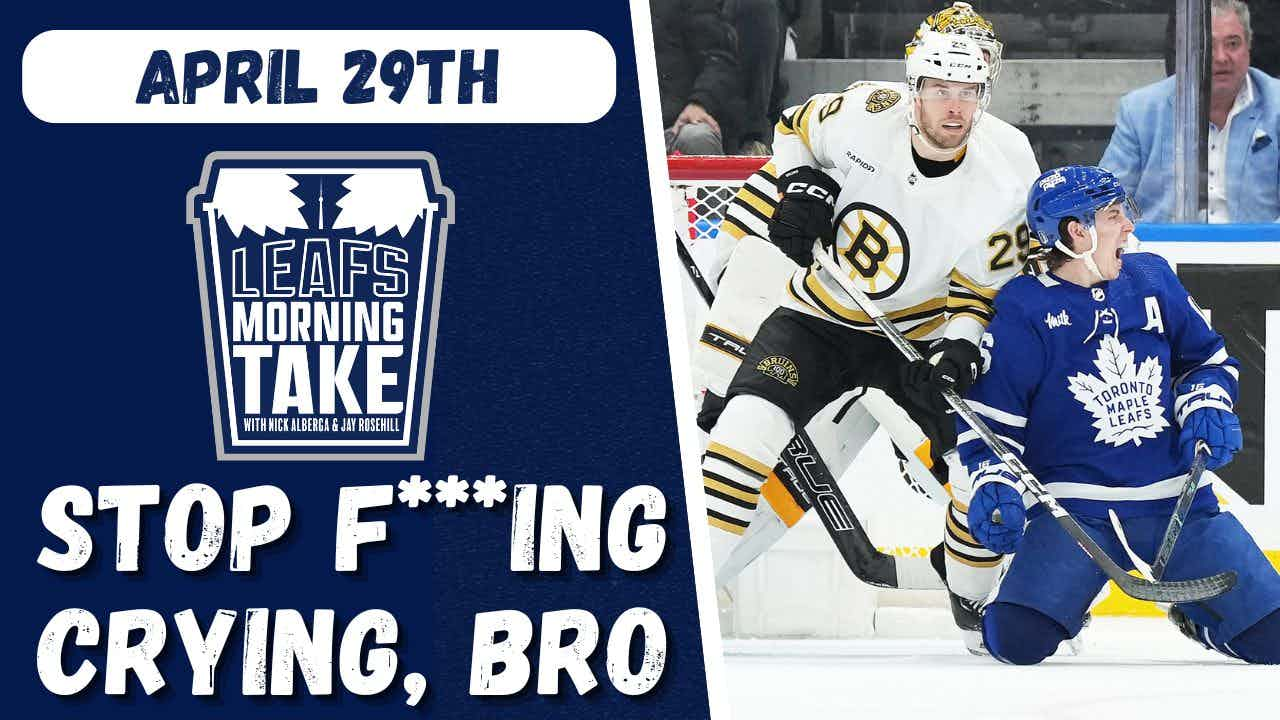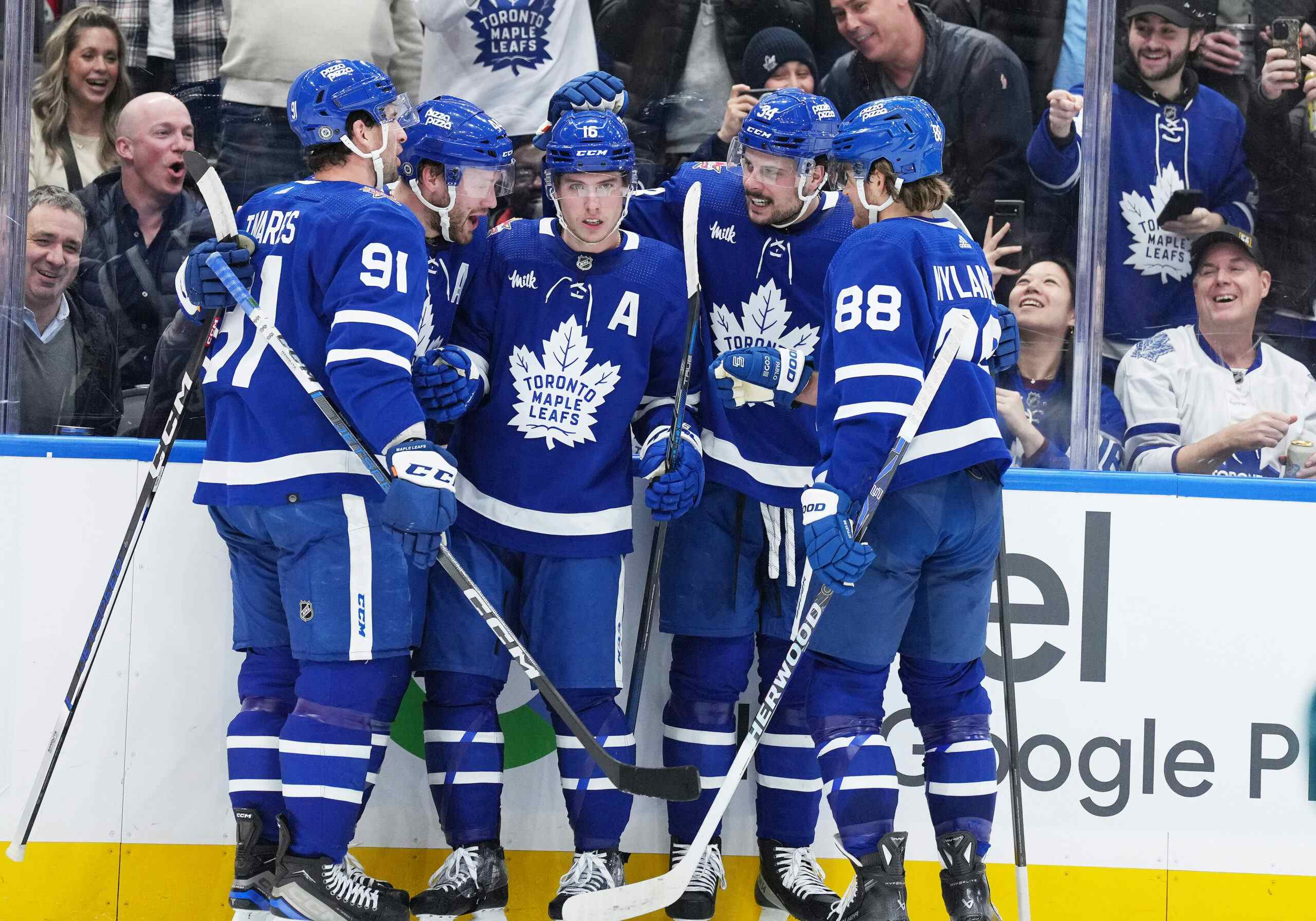Better Know a Bias: The Endowment Effect
By Danny Gray
12 years ago
When you ponder a trade proposal suggested by a fan on Twitter or HF Boards long enough you reach the inescapable conclusion that its author has only recently mastered tying their shoes. The proposed swaps tend to be incredibly lop-sided and often complicated deals, offering a collection of underwhelming players in the belief that quantity trumps quality.
The author obviously has at least a rudimentary understanding of the game. How can they so horribly misjudge the value of players? Surprisingly, the answer is more nuanced than: they are all suggested by Darryl Sutter. These proposals are the result of the endowment effect.
The Science Behind HFBoards Trade Proposals: Why We Overvalue What We Own.
The Endowment Effect describes the tendency to overvalue what we own. Once we gain ownership of an object-real or imagined- we place a higher subjective value on it. Ownership has very real impact on the decisions we make with respect to buying or selling an item. A study performed at Duke University illustrates just how powerful the endowment effect can be.
Duke University awards basketball tickets via a complex system. Students camp out for days and are forced to periodically “check in” in order to ensure the place in the line. For big games those waiting in line are not actually awarded a ticket, they only receive a chance to win one in a lottery.
Professor Ariely and Professor Ziv Carmon looked at the crowd and wondered, “would those students who had won tickets- who had ownership of tickets- value those tickets more than the students who had not won them?” Their prediction, based on the work of Jack, Knetsch, Dick Thaler, and Daniel Kahneman, was that “when we own something- whether it’s a car or a violin, a cat or a basketball ticket- we begin to value it more than other people do.” How were they to test their hypothesis? They became scalpers.
Armed with a list of winners and losers of the lottery Ariely and Cameron placed a few phone calls. They called a student who had failed to get a ticket and asked him how much he was willing to pay to buy one. He was willing to pay $175 for a ticket. They told him they would get back to him should they find someone willing to sell their ticket at that price.
Then they called someone who had won a ticket in the lottery and asked how much they would sell it for. At first he refused to entertain the notion of selling. After some prodding he settled on a final price of $2,400. They made a few hundred more calls and tallied up the numbers. Those who did not own a ticket were willing to pony up an average of $170. Those who did own one demanded an average of $2,400. Their most interesting finding was that “not a single person was will to sell a ticket at a price that someone else was willing to pay”.
Ownership of the tickets created to distinct groups of fans. All of the students had wanted the tickets bad enough to camp out for days. Yet after the lottery tickets owners placed a much higher value on their tickets than non-owners. Such is the power of the endowment effect.
This is why people propose such ridiculous trades. They place a higher value on the players they “own”. They think about all their highlight-reel goals and hits, their potential, and the emotional impact of losing them. So they demand what an objective, rational observer would deem to be disproportionate compensation. The influence of the endowment effect is not limited to fans. Owners and general managers are victims as well.
The endowment effect might explain why some GMs overpay to acquire a player, either via trade or free agency. We do not have to physically possess something to feel ownership of it. Once we imagine ourselves owning the endowment effect influences our decisions. Imagine a GM believes that he needs a certain player. He has scouted him for years and believes he will be a difference maker.
This player has suddenly become available.
The GM begins to imagine what his team will look like with this player on it. He will help lead the team to the playoffs and maybe even the Cup. He could be the proverbial final piece of the puzzle. The GM begins to feel as though the player is already a part of the team. When the asking price is driven up by another offer the GM has no choice but to match. He already has ownership of the player. He would rather overpay than “lose” the player. Analysts and observers will rationalize this as “the cost of doing business” but it is an established concept that can cost a team valuable players as well as cap-dollars.
SPOILS OF ENDOWMENT EFFECT
Brian Burke has gone from victim to beneficiary of the endowment effect. Some of his early trades and free agent signings were deemed acceptable overpayments because “he got the guy he wanted”. Burke’s imagined ownership of “his players” forced him to overpay rather than risk not signing them. His more recent moves have taken advantage of it. Sutter so valued getting rid of alleged malcontent Phaneuf he was willing to include Aulie in the deal.
Poile began imagining how he could spend the money freed up by the departure of Lombardi he justified losing Franson as “the cost of doing business”. In addition to acquiring valuable players, Burke has also resisted overpaying players he wanted. Upshall, Leino, and Richards were all players he had targeted. Setting a pre-established price and delegating to his front office staff helped him avoid overpaying them. Hopefully he continues to use the endowment effect to his advantage.
How can we combat the endowment effect? Try to evaluate players as objectively as possible. Be cognizant of the influence ownership can play in assigning value to an item. As for GMs they should try to surround themselves with as many capable assistants as possible. Not every executive will have the same sense of ownership in a player. Setting established limits for players will prevent GMs from overpaying for a player in response to another offer. If you are aware of it the endowment effect can be used to your advantage.
Recent articles from Danny Gray






